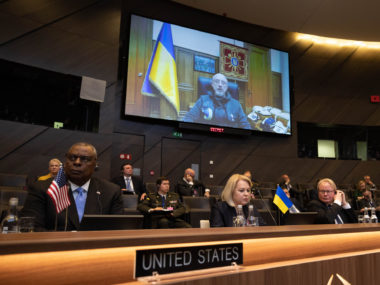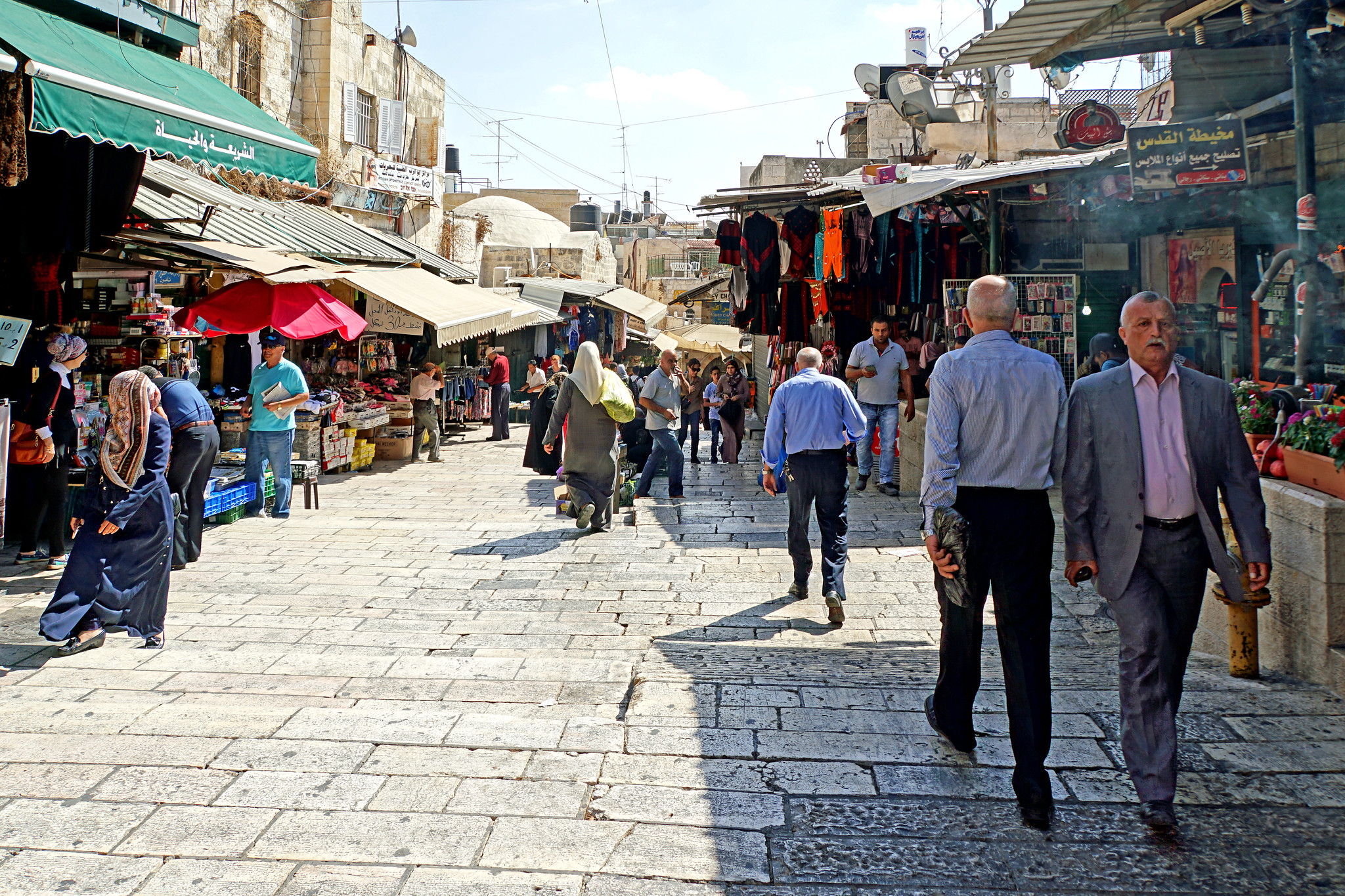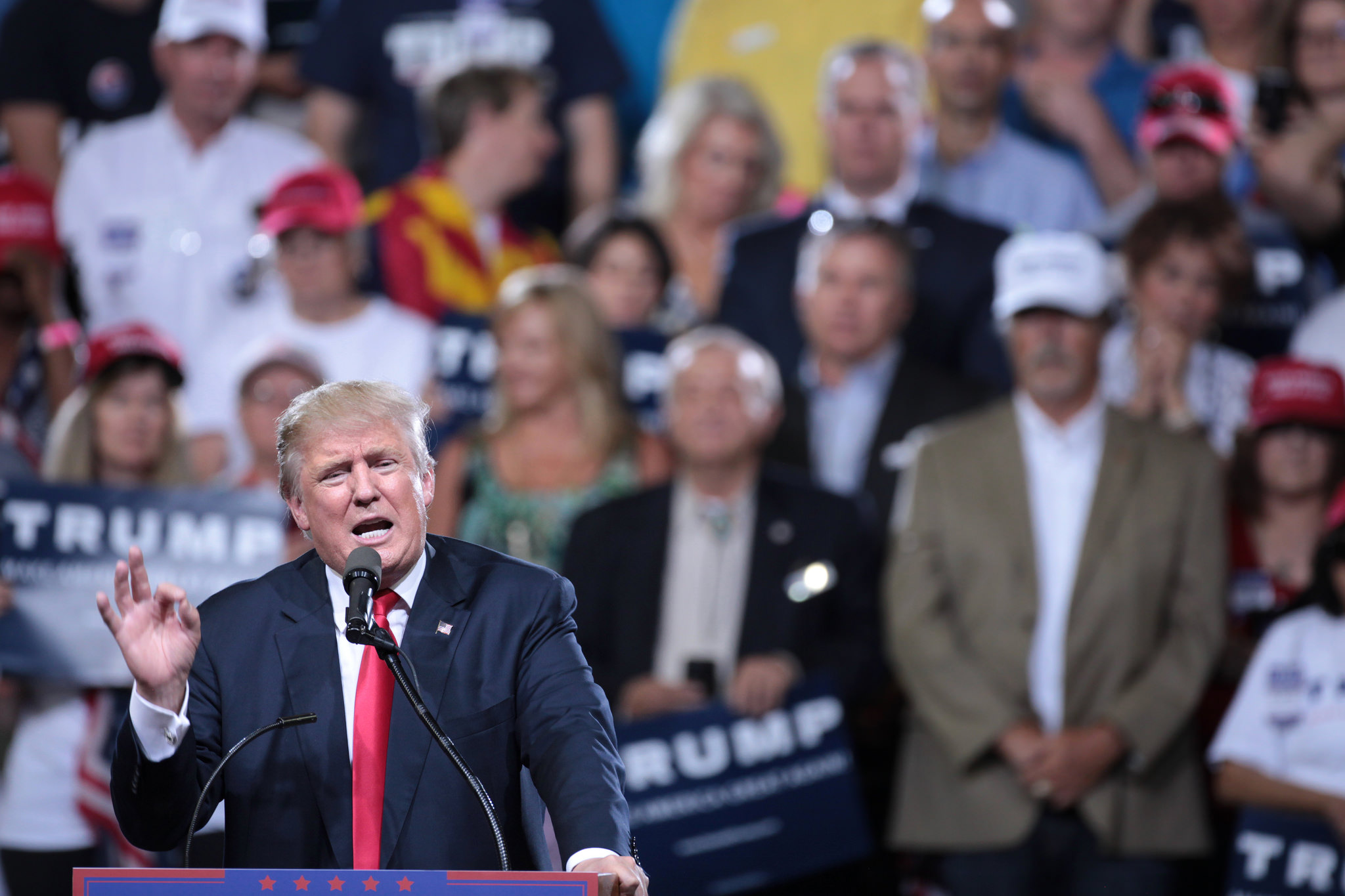
This week it was revealed that the CIA warned Hezbollah, through official Lebanese intermediaries, of an imminent attack on its headquarters and other installations in Lebanon and Syria.
Why would the US do this? Typically the US approaches groups on its official list of foreign terrorist organizations quite differently. In fact, any attack on either group would seem to be in the interest of the United States, and it is surely unusual for the US to shore up either group (at least post-9/11).
The excuse that US spokespeople gave is that whenever civilians could be killed and the US has actionable intelligence to prevent that, the US policy is to issue warnings. But this is a dubious explanation, since the US rarely issues warnings where civilians are killed. Indeed, the US itself is sometimes the perpetrator of violence that kills civilians.
So, readers: what gives?








0 comments
It’s especially interesting because Hezbollah was being targeted for supporting the Assad regime, which the U.S. also opposes. Yet, on the other hand, the U.S. isn’t particularly interested in seeing the al-Qa’ida branch of the Syrian opposition thrive. Perhaps the administration is just doing a one-off favor for an enemy of an enemy, or is seeking to keep the Syrian civil war from creeping into Lebanon, or is considering an opening to Hezbollah to advance longer-term stability in Lebanon (since the organization doesn’t seem to be going away) or as part of a strategy to convince it to disengage from Syria.
I’m a little baffled by the reaction that this has had in the US. Lebanon is an ally of the US, and this car bomb (and possibly others) was designed to kill Lebanese civilians and first responders. That these civilians are mostly Shi’a ought not really play into the calculus, since the last time I checked Shi’a are also Lebanese. The US does not have an interest in seeing widespread sectarian violence return to Lebanon, regardless of Lebanese actions in Syria (Hezbollah supporting the regime and Sunni parties supporting opposition groups). Things here (full disclosure: I was in the neighborhood right after the blast) are already extremely tense on that front, and the last thing anyone needs is more sectarian conflict in Lebanon. (We’re already seeing some of that in Tripoli and the Beka’a and to a lesser extent in Saida.) Furthermore, I suspect Washington does not want Hezbollah, or the rest of Lebanon for that matter, to think that the US gave a green light to such an attack, especially since the last major terrorist attack in Bir al-Abed was US-Saudi attempt to kill Hussein Fadlallah with a car bomb that instead killed some 80 civilians. In short, not alerting the Lebanese state, and by extension Hezbollah, to a major impending terrorist attack would be not only morally myopic but would actually be detrimental to US interests in Lebanon.
I can’t say I find this particularly surprising either. If the US could have (indirectly) warned another governing authority besides Hezbollah it likely would have, but of course it could not.
The quote by a Hezbollah commander relayed in the article that “the Americans are starting to realize how bad their friends in Syria are” is particularly interesting. I wonder if that reflects an actual perception among Assad supporters (both in Syria and abroad) that the US will eventually move away from supporting the opposition overall, or is just spin?
Agree that notification of a major bombing plot . . . via the proper Lebanese channels . . . would not be so unusual, though it likely caused a little hesitation given the intended targets. As Prothero points out, “Conveying such a warning to the Lebanese government when civilian lives might be at risk would be a normal procedure”, especially if the quantities of smuggled explosive were presumed to be large. Now, if evidence had come through of an inside job to knock off a key Hezbollah military leadership figure via firearm or internally-concealed IED, that might have been a different matter…
Still, it certainly gave a “strange bedfellows” appearance.
Bit behind on the news, but there is an interesting op-ed by Jonathan Stevenson (http://www.nytimes.com/2013/07/19/opinion/to-oust-assad-pressure-hezbollah.html?_r=0) that seems germane to this puzzler as it alludes to a Kissinger-esqe game of real-politic vis-a-vis Hezbollah and its Iranian sugar-daddy.
Hezbollah, as Stevenson points out, is Assad’s ‘ace in the hole. Hezbollah’s para-military acumen played a vital role in reclaiming Qusayr and its presence also allows Assad to concentrate its resources on holding Damascus. However, despite it’s oft mentioned alliance with Assad and Iran, the group staid on the sidelines for much of the first 48 months of the blood-shed. It is true that Hezbollah’s supply lines run through Damascus, but supporting Assad, especially if he was losing could damage the groups position in Lebanon either by inviting in the civil war.
Hezbollah’s entry into the battle for Qusayr was seen by many as a signal that Assad had decisively regained the upper hand against the rebels. Assuming this tactical change on the part of Hezbollah and its strategic value to the Assad regime is not lost on the Obama administration, there would be merit in seeing if the group could be coaxed back to the sidelines.
From this angle, the US warning could have been a carrot in a US carrot and stick policy to pressure the group to abandon Assad? This could also be a factor in odd timing of the EU’s announcement it was putting Hezbollah on the naughty-list over last year’s bombing in Bulgaria.
It is also worth noting that Iran is not big Al-Qaeda’s fan. Could a gesture to a persuadable proxy be an overture on that front as well?
If this is the administrations game, Kissinger must be very proud.
Perhaps to deter/mitigate any revenge/blowback that might follow an Israeli-Palestinian peace?